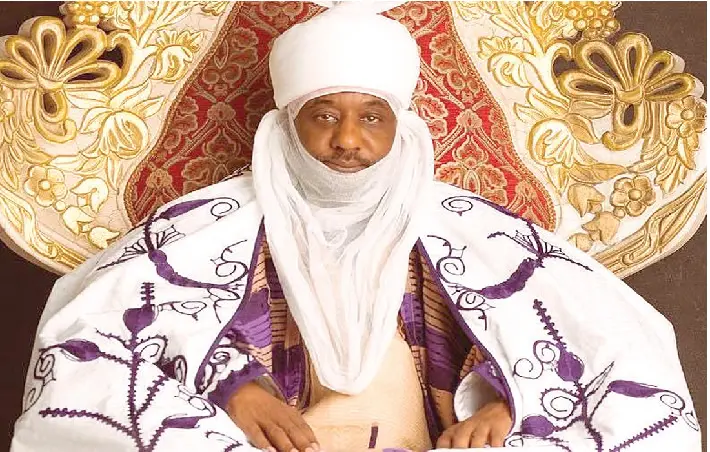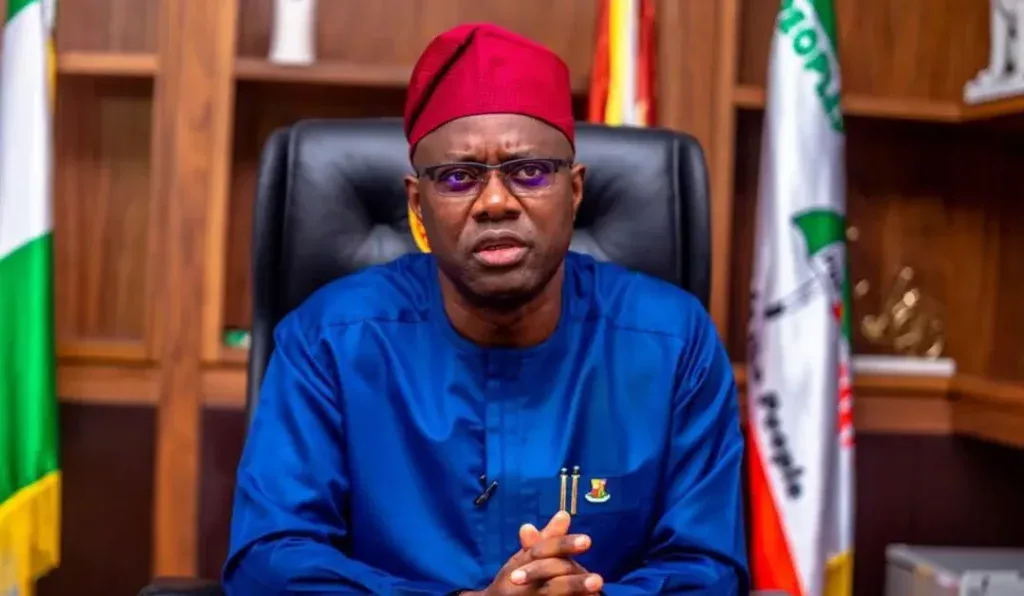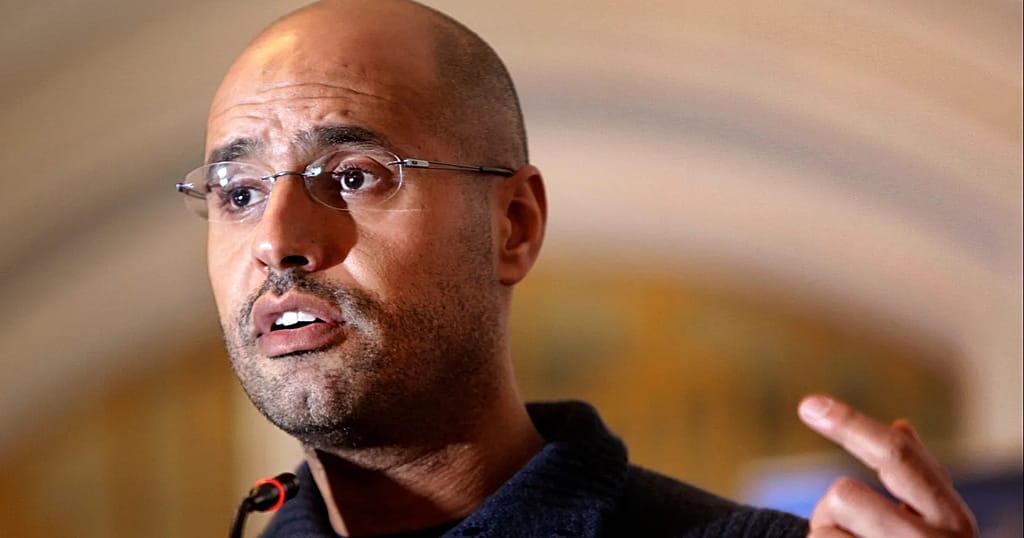Abubakar Sadiq Yaradua, a founding member of Nigeria’s ruling All Progressives Congress (APC) and former senator, has severed ties with the party in a dramatic resignation, publicly condemning its leadership for abandoning core principles and failing citizens. His decision, announced in a letter to his ward chairman in Katsina State, adds to mounting scrutiny of the APC’s governance record amid rising public frustration over insecurity and economic hardship.
In the letter, Yaradua accused the APC of betraying its founding mission to uplift Nigeria’s marginalized communities, known locally as talakawa (masses). “I can no longer remain in a party that has completely abandoned its foundational principles of serving the people,” he wrote. A key figure in forming the defunct Congress for Progressive Change (CPC), which later merged into the APC, Yaradua argued that the ruling party’s policies had worsened living conditions rather than alleviating them.
His critique focused sharply on security and economic challenges under President Bola Tinubu’s administration. “The government watches unashamedly as citizens are maimed, assaulted, and killed, remaining unconcerned,” he stated, alluding to persistent violence linked to armed groups, kidnappings, and communal clashes. He also criticized “destructive economic policies” he claimed eroded livelihoods, echoing widespread discontent over inflation and austerity measures following fuel subsidy reforms. Yaradua went further, labeling APC leaders as “bandits in government”—a pointed reference to criminal groups terrorizing parts of northern Nigeria.
The former senator pledged to collaborate with opposition groups to unseat the APC through democratic processes, urging supporters to follow him to the African Democratic Congress (ADC), which he described as inclusive and people-centered. His defection could signal deepening fractures within the ruling party, particularly in northern Nigeria, a region pivotal to its electoral success.
Yaradua’s resignation reflects broader disillusionment among some APC stalwarts, highlighting tensions between the party’s reformist origins and its current trajectory. Analysts note his influence as a political insider may amplify scrutiny of the Tinubu administration’s ability to address Nigeria’s overlapping crises.
The APC has yet to officially respond to his accusations, but the public rebuke from a founding member underscores challenges facing Africa’s most populous nation as it grapples with security threats, economic strain, and political volatility. Yaradua’s move to the ADC, a smaller opposition party, raises questions about potential realignments ahead of future elections, with observers watching closely to gauge its impact on Nigeria’s fractious political landscape.



